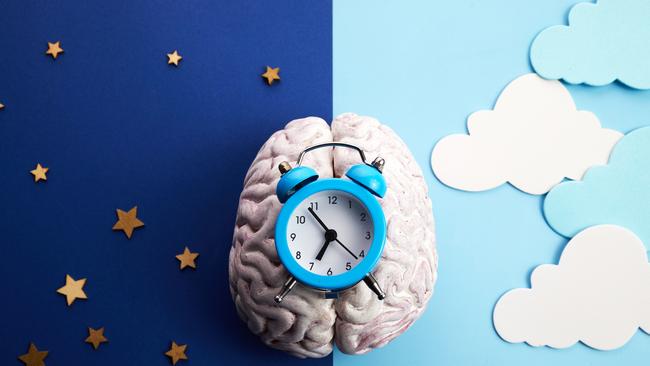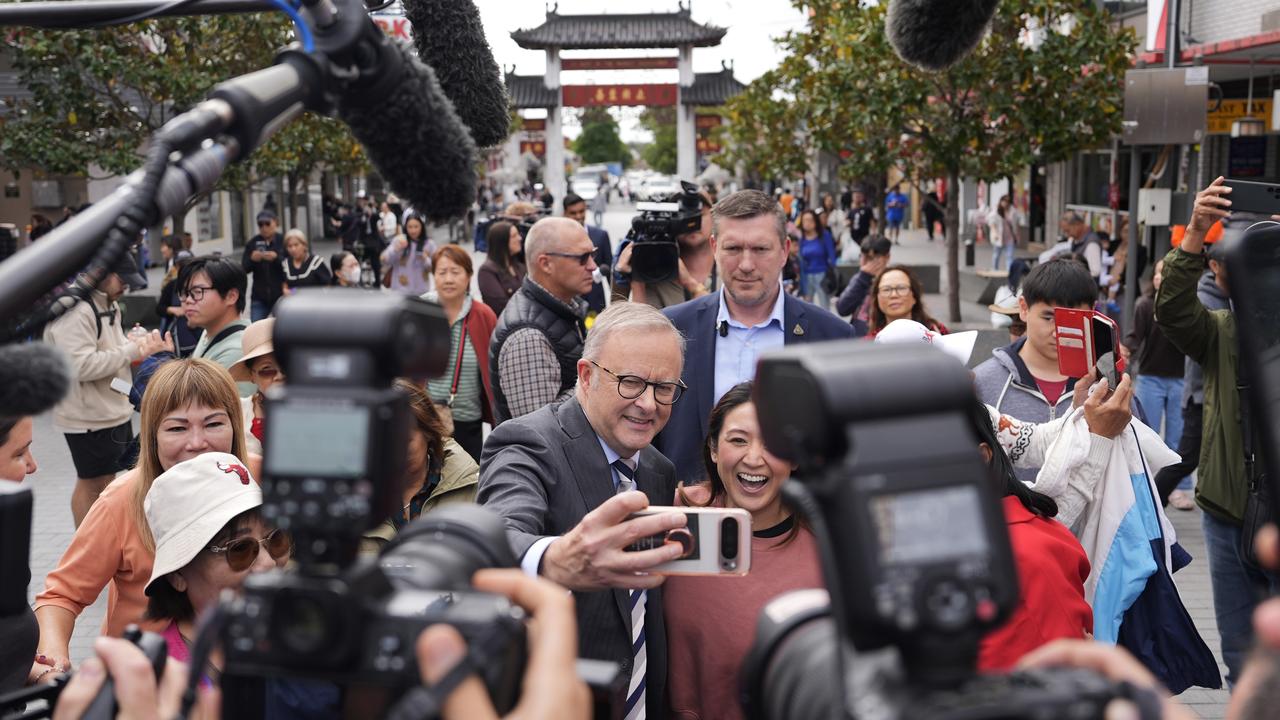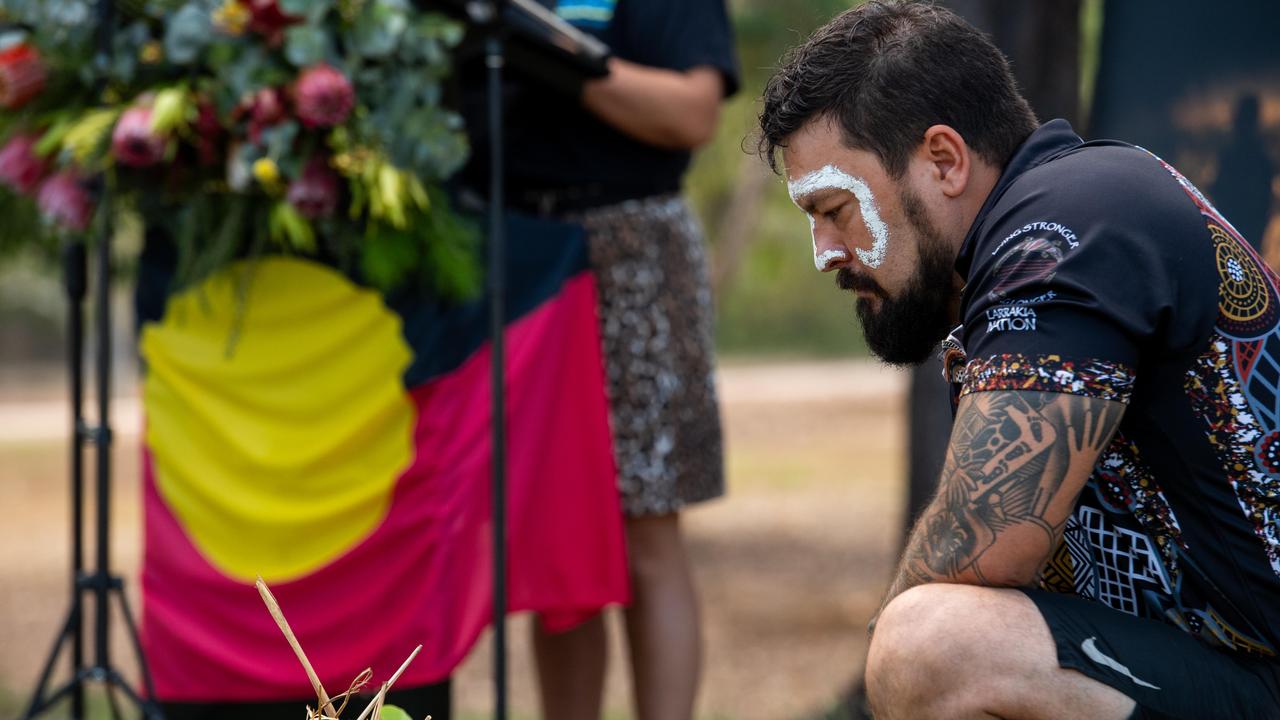Kylie Lang: Why time seems to move faster the older we get
Getting old is nothing new but there is one terrifying reality about it that no one seems to tell you about - until now.

Kylie Lang
Don't miss out on the headlines from Kylie Lang. Followed categories will be added to My News.
My mother remembers, like yesterday, the day a devilishly handsome colleague asked her a question that would change her life. She was a shy 16, waiting to catch a bus home.
He was 22, full of swagger, and asked if she wanted a lift to the city. She said yes and on the back of his motorbike she hopped. Never mind that she needed to go in the other direction.
This month that young lass and her workplace crush celebrated their 60th wedding anniversary.
Time flies. And the older we get, the faster it seems to go.
As we drew the curtain on another year, it’s worth taking a moment to reflect and to check in with ourselves.
Are we making the most of our time? Are we living with a clear conscience and a kind heart?
And are we sharing enough precious moments with those we love? Because, really, none of us knows how long we have on this earth.
The perception that time is whizzing by can be explained by physics, and the rate at which our minds process information.
In 2022 Adrian Bejan, a mechanical engineering professor at Duke University in North Carolina, put out a book on the subject that has been hailed as groundbreaking.
Bejan says as we grow older our nerves and neurons become bigger and more complex. It takes longer for signals to travel.
“People are often amazed at how much they remember from days that seemed to last forever in their youth,” he says.
“It’s not that their experiences were much deeper or more meaningful. It’s just that they were being processed in rapid fire.”
Writing in the journal European Review, Bejan says that because infants’ eyes move faster and more frequently, they take in more information than we do as adults.
“The human mind senses time changing when the perceived images change,” Bejan says.
“The present is different from the past because the mental viewing has changed, not because somebody’s clock rings.
“Days seemed to last longer in your youth because the young mind receives more images during one day than the same mind in old age.”

Depressing? Perhaps, but while you can’t argue with science, you can work with it.
Critical to slowing time is life-long learning.
Rachel Wu and Jessica Church – associate professors of psychology at the University of California and the University of Texas respectively – have done a great experiment with older folk.
It’s long been accepted that cognitive abilities plateau at age 30 or 40, then decline steeply after 60, but Wu and Church wanted to challenge this inevitability, so they staged an “intervention”.
Over three months, they had 33 people aged 58 to 86 take part in three weekly, two-hour classes to learn new skills.
Up for grabs were singing, drawing, iPad use, photography, Spanish language and music composition.
Participants’ cognitive abilities, including attention and working memory (remembering phone numbers, for example), were tested before and after the experiment, with dramatic improvements.
What’s more, a follow-up study found people had gone on to be ever better – their cognitive skills resembling those of adults 50 years’ younger – possibly because they were now motivated to keep learning and practising new skills.
But, of course, not everyone has equitable access to learning opportunities – it can depend on where you live, how much money you have and other personal circumstances.
So it does fall on governments and other stakeholders to fund community-based programs that are open to all.
“The question is no longer whether we should pursue learning as adults but rather how society can optimise the environment to maximise opportunities,” Wu and Church write in the journal Scientific American.
“Educators and scientists know quite a bit about how to do this for children and adolescents, and we can adapt that knowledge to enhance existing opportunities and develop new challenging, useful and inclusive learning opportunities for adults.
“Let’s shift the conversation in adulthood from a focus on staving off loss and decline, or merely maintaining what people have, to a discussion of learning, growth and thriving.”
Bring it on, I say.
Kylie Lang is associate editor of The Courier-Mail
Email: kylie.lang@news.com.au



